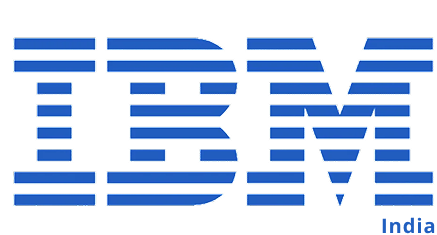Figma | The Ideal Tool for Modern Web Design in Startup Environments Introduction: In today’s rapidly evolving digital landscape, startups face the challenge of creating trendy and visually appealing web designs that captivate their target audience. To achieve success, these companies require a design tool that not only provides a seamless user experience but also Read More…

















